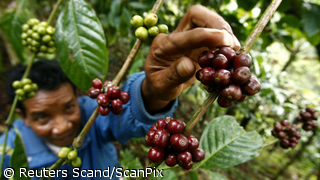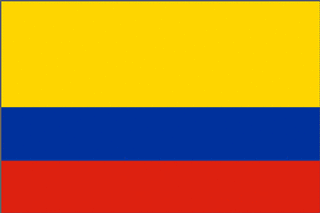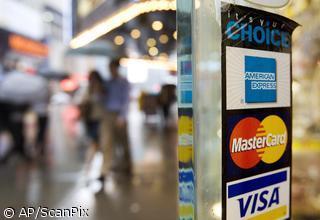Foreign investors seemingly unfazed by Serbia’s numerous economic and political problems
Published:
3 July 2004 y., Saturday
Many western banks and companies are likely to continue investing in Serbia, despite ongoing political instability, the persistence of organised crime and the slow pace of reform.
The narrow victory of the Democratic Party candidate Boris Tadic over his Serbian Radical Party rival Tomislav Nikolic in the June 27 presidential ballot will have come as a great relief to many liberal Serbs concerned that an SRS triumph, on top of all the other problems blighting the republic, would scare off foreign investment.
Far-right gains are thought to stem from the public’s dissatisfaction with the economic reforms of the last few years and the hardships that have accompanied them.
Nonetheless, a number of western investors interviewed by IWPR said that they would continue to regard Serbia as a good bet, even if Nikolic had won - and would only get cold feet in the event of the European Union or the Americans imposing sanctions on Belgrade.
Western investors said they were confident that Serbia would in time develop into an advanced, democratic country. They said they were particularly attracted by the republic’s geographical position – in the heart of south-east Europe - and transport network; educated and skilled workforce; and the willingness of a significant proportion of the population to embrace reform.
Šaltinis:
IWPR
Copying, publishing, announcing any information from the News.lt portal without written permission of News.lt editorial office is prohibited.
The most popular articles
 Commission sets out first finance proposals for Copenhagen pact on climate change.
more »
Commission sets out first finance proposals for Copenhagen pact on climate change.
more »
 The World Bank today approved a US$39.5 million loan for the Rio de Janeiro Sustainable Rural Development Project in southeastern Brazil.
more »
The World Bank today approved a US$39.5 million loan for the Rio de Janeiro Sustainable Rural Development Project in southeastern Brazil.
more »
 The World Bank Board of Executive Directors approved today an additional US$7.8 million for the Colombia Peace and Development Project.
more »
The World Bank Board of Executive Directors approved today an additional US$7.8 million for the Colombia Peace and Development Project.
more »
 In 2008, the total number of non-cash payments, using all types of instruments, increased by 5% to 78 billion in the EU.
more »
In 2008, the total number of non-cash payments, using all types of instruments, increased by 5% to 78 billion in the EU.
more »
 Current economic indicators seem to show a cautious recovery in some of the biggest European economies, such as Germany and France.
more »
Current economic indicators seem to show a cautious recovery in some of the biggest European economies, such as Germany and France.
more »
 Launch Early Operation Phase (LEOP) has been successfully completed and the Palapa-D communications satellite is now in the nominal geostationary orbit (GEO).
more »
Launch Early Operation Phase (LEOP) has been successfully completed and the Palapa-D communications satellite is now in the nominal geostationary orbit (GEO).
more »
 The Supervisory Council of AB DnB NORD Bankas on 8 September 2009 elected Šarūnas Nedzinskas as a member of the bank‘s Management Board.
more »
The Supervisory Council of AB DnB NORD Bankas on 8 September 2009 elected Šarūnas Nedzinskas as a member of the bank‘s Management Board.
more »
 In the last few months farmers across Europe have taken their tractors to the streets to protest at what is being termed the biggest milk crisis for decades.
more »
In the last few months farmers across Europe have taken their tractors to the streets to protest at what is being termed the biggest milk crisis for decades.
more »
 Mobile telecoms companies have pledged to support the EU’s campaign to equip new cars with a device that would automatically call for help in the event of an accident.
more »
Mobile telecoms companies have pledged to support the EU’s campaign to equip new cars with a device that would automatically call for help in the event of an accident.
more »
 Nordic and Baltic countries aim to strengthen cooperation of business and industry stakeholders.
more »
Nordic and Baltic countries aim to strengthen cooperation of business and industry stakeholders.
more »